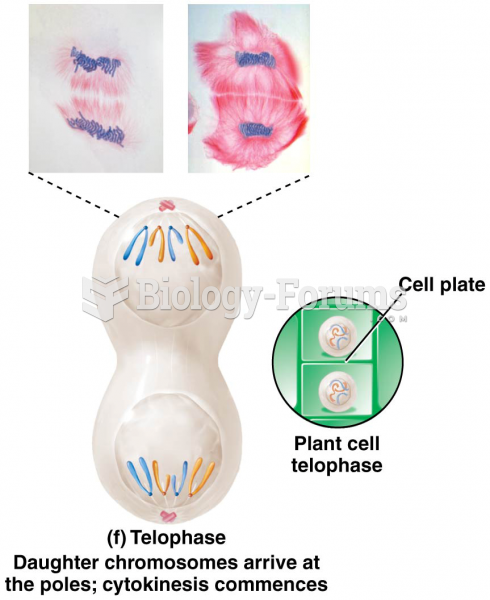Ms. Wooly brought her daughter, Mary, age 16, to the health care center to be seen by the nurse for a referral to the physician. Together, they tell the nurse that Mary has had nausea, vomiting, and headaches for the past 2 weeks. She has vomited almost every day. Ms. Wooly began to cry as she tells the nurse that Mary does not remember the date of her last menstrual period and that she is afraid that Mary is pregnant. During this interchange, Mary appears stoic and does not cry or have any verbalizations. After a blood test that confirmed the pregnancy, Ms. Wooly became calmer. A prenatal assessment was begun. Ms. Wooly answered most of the questions even though they were directed at Mary.
Last menstrual period was estimated to be 2 months ago.
Menses onset began 4 years ago.
Ht: 58 Wt: 125 lbs
Medium frame size
She described her usual dietary intake as including hamburgers, hot dogs, chips, candy, and colas. Mary denies alcohol, drug, or cigarette use. Mary would not discuss the father of the child, nor did she volunteer any additional information. It is evident that Mary has some urgent needs that must be addressed during this visit. Mary is young and will need time to accept the pregnancy, but she must also begin to eat properly to meet her nutritional needs and those of the infant.
Before a meaningful exchange of information will occur with Mary, the nurse must first build a trusting relationship and establish good communication lines. Describe the setting that will be most conducive to beginning this dialogue. Who will be present? What will help Mary be relaxed and feel nonthreatened? Describe positive communication techniques that will be useful. How should the session begin?
Question 2
Describe why hyperglycemia occurs.







